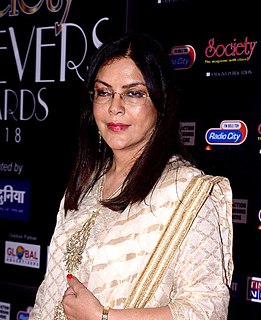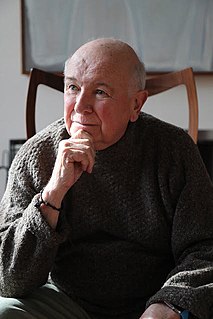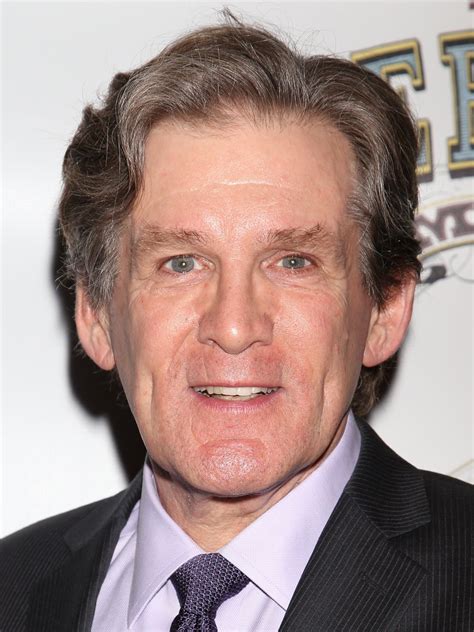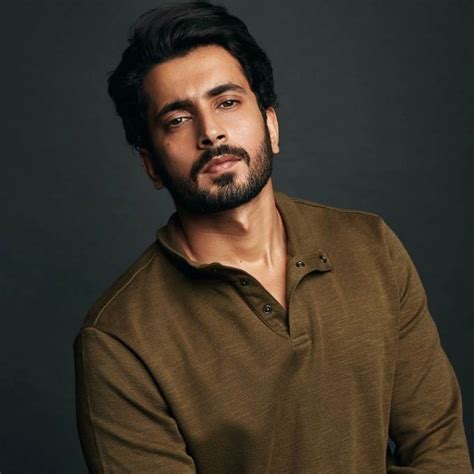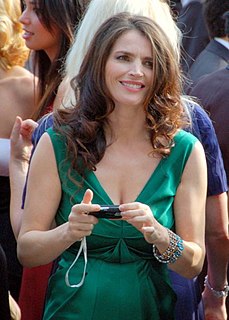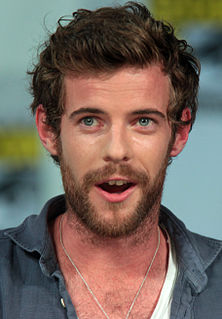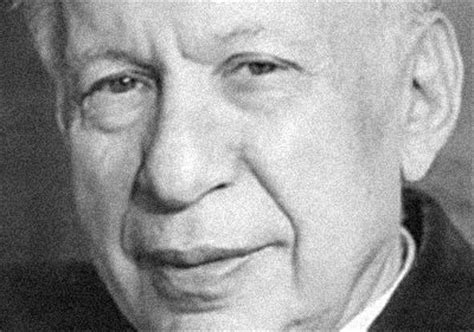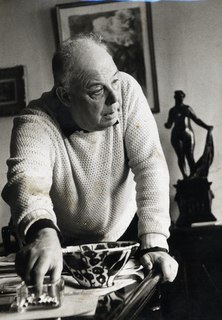A Quote by Zeenat Aman
To perform on stage, you have to run through your paces till you are perfect. Despite the script and director, the actor makes or breaks the play.
Related Quotes
Work with good directors. Without them your play is doomed. At the time of my first play, I thought a good director was someone who liked my play. I was rudely awakened from that fantasy when he directed it as if he loathed it. . . . Work with good actors. A good actor hears the way you (and no one else) write. A good actor makes rewrites easy. A good actor tells you things about your play you didn't know.
Ultimately your job as an actor is to perform however you're being asked to perform and there's many different procedures as an actor that you're going to run into that you should be prepared for and be ready to go to work and do the best you can and give the director the best thing you can to hopefully give him things on that day that could be shot preserved and out into a canned, then when they go into the editing room that's where a movie's made.
With a good script a good director can produce a masterpiece; with the same script a mediocre director can make a passable film. But with a bad script even a good director can’t possibly make a good film. For truly cinematic expression, the camera and the microphone must be able to cross both fire and water. That is what makes a real movie. The script must be something that has the power to do this.
I think the most important thing for an actor is reading the script and trying to figure out if you can play that character well. The last thing on my mind is if the director made good movies previously. It's not my job to know if that director's last movie was any good - it's my job to know if I can play the role.
The actor's physical type is the main consideration. It isn't and shouldn't be. Does the actor "look the part"? It is the simplest question to deal with. The director deludes himself who yields to the temptation to believe that an affirmative answer settles the matter. An actor's looks will impress an audience initially but after his first five minutes on stage it becomes aware of what he or she communicates (or fails to communicate) through acting!
